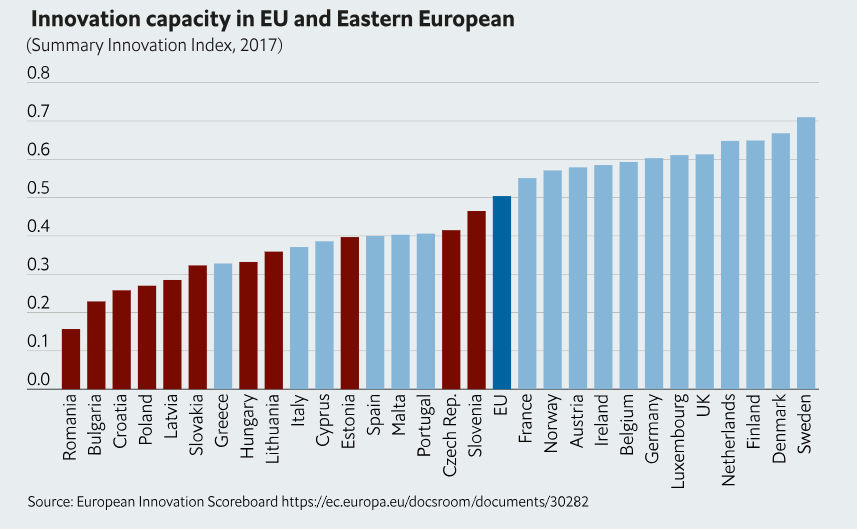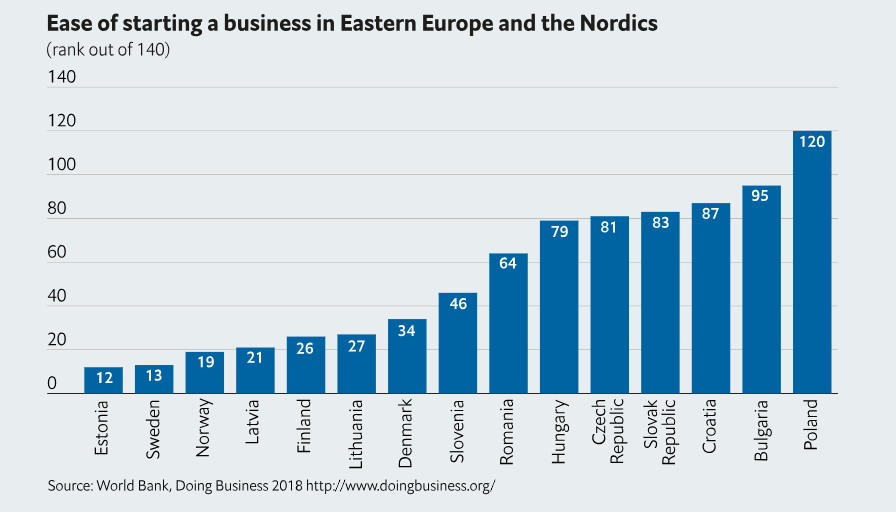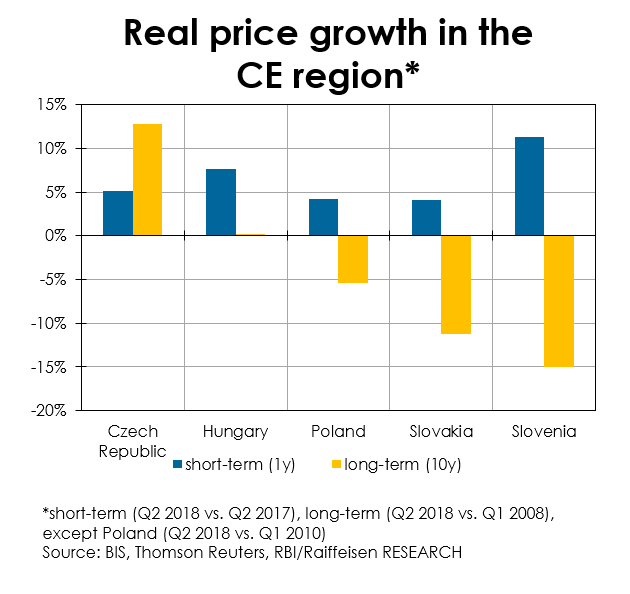
BUDAPEST : WELCOME START-UP !
One of Europe’s most beautiful cities with a lot of museums, libraries, opera houses and art galleries, Budapest also boasts a riveting tech start-up ecosystem.

In these recent years cities like London and Berlin have been the destinations of choice for European entrepreneurs looking to make their mark on the global stage. Now they are being pushed aside by Budapest, the capital city of Hungary.
Budapest, the Hungarian capital, is growing not only from a touristic point of view but also when it comes to business. More and more European entrepreneurs have chosen Budapest as the starting point of their journey.

A study conducted by Startup.co.uk revealed that Budapest was chosen as the number one location for starting a business out of 80 other cities : Budapest is already home to a growing number of business accelerators and a wealth of funding sources, with growing interest from international investors. The result is a dynamic startup hub with huge appeal for high tech entrepreneurs.

Budapest’s growing startup scene has also been supported by the Hungarian government with low corporation taxes at 9%, the lowest in the EU, and the introduction of the “early stage” status, which allows companies to reduce the corporate tax base.
However, there are a few drawbacks for those ones choosing to start a business in Budapest : one of the biggest ones is inflation, the second one is the value added tax (VAT) in Hungary, placed at 27%, is the highest in the region.
Nevertheless an important sign of the potential growth in the region is the opening in Budapest of an innovation hub by BlackRock.
Sources : dailynewshungary.com – forbes.com – hktdc.com – the economist – abouthungary.hu – tech.eu
DISCLAIMER
This publication must not be regarded as offering a complete explanation of the investment tax, legal, and other type of matters that are contained within this publication.
Authors are not responsible for the results of any actions which are undertaken on the basis of the information which are contained within this publication, not for any error in, or omission from, this publication.
The authors expressly disclaim all and any liability and responsability to any person, entity or corporation who acts or fails to act as a consequence of any reliance upon the whole or any part of the contents of this publication.
Accordingly no person, entity or corporation should act or rely upon any matter or information as contained or implied within this publication without first obtaining advice from an appropriately qualified professional person or firm of advisors, and ensuring that such advice specifically relates to their particular circumstances.



